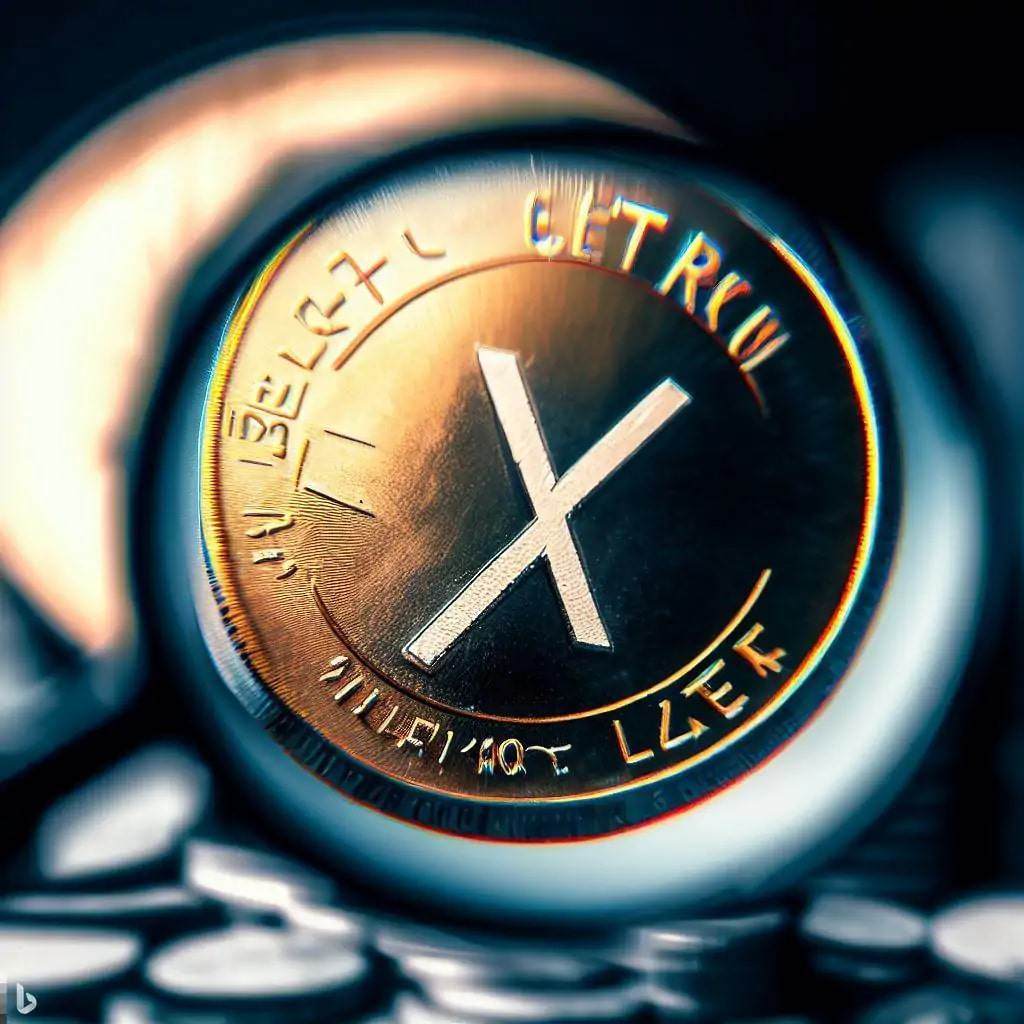Friday, Sept. 8, 2023 | 2 a.m.
Bidenomics just had its first birthday, and less than half the country celebrated. The president has to hope that changes by the policy’s second birthday next August, just weeks before the 2024 election.
If more Americans aren’t in a partying mood by then, neither will Democrats be on election night. Yet changing voters’ minds when so many of them think this good economy is actually bad — and getting worse! — is proving harder for President Joe Biden than changing the $27 trillion economy itself. And Republicans aren’t helping, of course.
It was August 2022 when Biden and a then-Democratic-controlled Congress enacted the final pillars of his signature programs: the absurdly named but impactful Inflation Reduction Act to promote clean-
energy investments and reduce health and prescription drug costs, financed in part by a corporate minimum tax, and the CHIPS and Science Act, to revive the U.S. semiconductor industry and blunt U.S. reliance on foreign countries.
Those laws, together with the 2021 Infrastructure Investment and Jobs Act, add up to a national industrial policy that is already reaping rewards and roiling foreign competitors. In April, the Financial Times reported that the policies had begun to “bear fruit” and identified 75 large-scale semiconductor and clean-energy manufacturing projects generated by Biden-induced “transformational change.” Corporate investments over the past year in those sectors were 20 times greater than in 2019, it said.
More than 13 million jobs have been created since Biden took office, for an increase of 3 million over the pre-pandemic total. Job growth is greater than any time in more than 50 years. Wages are up. The U.S. COVID-19 recovery is the strongest of the world’s developed nations.
Yet solid economic numbers aren’t the chief ones on voters’ minds. Their focus is on high prices and interest rates, which have the most direct effect on their wallets.
Inflation — which spiked worldwide after the disruptions of supply chains and energy supplies caused by the pandemic and Russia’s invasion of Ukraine, respectively — may be down to a two-year low, but Americans are still paying a lot for groceries and goods in general. Inflation’s increase has been arrested thanks mostly to the Federal Reserve raising interest rates, but that in turn has pushed up the cost of buying a home.
At least as important as any economic indicators in shaping voters’ opinions of Biden are their perceptions of his record. Biden suffers — unfairly — by comparison with Donald Trump, thanks to Trump’s purported business acumen and the many Americans who buy his blarney about how he created “the greatest economy in history.”
Just take Trump’s lifetime: Presidents Dwight Eisenhower, Lyndon Johnson and Bill Clinton presided over significantly greater growth. And people forget that Trump inherited a growing economy from President Barack Obama; even at its peak, job creation under Trump didn’t exceed the pace in Obama’s second term. The pandemic aside, his trade wars cost jobs and hurt investment, studies show. (Trump was the first president since Herbert Hoover to leave office with fewer jobs in the country than when he started.)
And he left his successor holding the bag. The economy Biden was bequeathed had been ravaged by pandemic disruptions exacerbated by Trump’s erratic response to the crisis, including a screwed-up vaccine distribution system.
Republicans have been only too happy to contribute to Trump’s revisionist history, and to his warped depiction of conditions under Biden.
In the party’s first debate of the primary season, Sen. Tim Scott of South Carolina claimed that when Trump and the Senate Republicans lost power after 2020, they left behind “record-low unemployment.” No, it was nearly 7%. Florida Gov. Ron DeSantis began by attacking Bidenomics: “Our country is in decline.” Two days later, Trump chimed in with a fundraising email, “We are a nation in decline.”
Fact-check: We are not. Such talk is just Republican gaslighting, but it contributes to the negative poll findings that are Biden’s greatest handicap as he seeks reelection.
A recent CNN poll found that just over half of Americans believe the economy is “still in a downturn and getting worse.” Biden’s overall approval rating was bad enough, at 41%, but just 37% approved of his handling of the economy. A CNBC survey in late July had similar findings; 8 in 10 Americans said the economy was just fair or poor.
Against these headwinds, Biden wisely took ownership of the term Bidenomics, which had sprung from the mouths of Republicans as a pejorative.
He has been hitting the road to showcase his job-creating achievements — much of them in Republican-held congressional districts. His campaign began airing TV and digital ads in battleground states just in time for the start of the Republicans’ debates. In the first ad, a narrator recalls how bad things were at the pandemic’s height, notes how much they’ve improved and then intones over a photo of Trump in a MAGA cap: “There are some who say America is failing. Not Joe Biden.” The president’s surrogates likewise are spreading the word that he’s earned a second term.
They’re right: Economic reality ought to count for a lot against the Republican obsession with culture wars and Hunter’s laptop, against Trump’s incessant whining about partisan prosecutors, and even against worries about Biden’s age.
For the president, the best defense is a strong offense. I just hope he can mount one. And that, a year from now, a lot more Americans will be up for feting Bidenomics’ second birthday, and voting for its namesake.
Jackie Calmes is a columnist for the Los Angeles Times.















